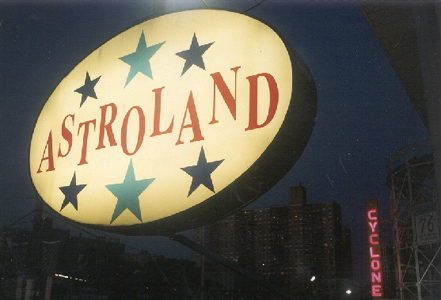When Beijing was chosen to host the Olympics, officials became very concerned quickly over the levels of air pollution. In a city where people decide whether or not to go to work or work from home for the day based on the pollution levels, it comes as no surprise that the city government had to take control of the situation. Measures were implemented in order to minimize pollution levels in order to appease the Olympic committee, and so as not to affect the health of the athletes. As city officials struggled to meet requirements by planting trees and stopping transport, they eventually met the standards. However, their efforts were short lived and the city has gone back to normal. But after having caused so much controversy, you have to wonder why any sporting committee would choose another city with pollution problems to host an event. Yet, this is exactly what has happened.
Rio de Janeiro will host the FIFAWorld Cup this summer and the 2016 Summer Olympics. However, the campaign coordinator, Leona Deckelbaum has informed BBA that the sanitation in the city was highly deplorable and something has to be done fast. There is much concern about these problems regarding pollution. The pollution rate around the Olympic Park has been very high. It has been noted that the fecal pollution is nearly 78 times higher than what is termed a ‘satisfactory” level. This is an ongoing and long term issue, and local residents have decided the notoriety involving the two major sporting events is the best excuse to raise the issue.
Brazilian activists who are up in arms about the sanitation system in Rio de Janeiro staged a sit-in at Ipanema Beach in January…they were sitting on toilets! Advocates from Meu Rio were the brainchild of the protest, which saw toilets placed on the beach to highlight the pollution issues that they are facing.In addition to all the health concerns, the water on the coast and rivers is also being polluted. The Olympics have plans on using certain areas for competitive swimming and boating, but the levels of rubbish in the water currently mean the water is unsuitable for swimming. There is major concern about the health risk to athletes who will participate in the World Cup and Olympics if the sewage problems are left to stagnate. Untreated sewage runs into the sea, where people have reported red rashes and illnesses following swimming or capsizing from their boats. The city has promised the water will be cleaned by the 2016 Olympics, but this is not good enough for the locals who are suffering from illnesses due to the lack of proper sewage treatment.
The problem is so severe that locals will advise you never to go swimming, especially after heavy rainfall. The entire demonstrations resulted in a media circus and the impact it intended to make was overshadowed by the topless bathers and participants. The entire event therefore turned out a farce and the purpose of the events which was to protest about the unhealthy sanitation systems was lost. So far, attempts to treat the problems have dialed. Of the five new sewage treatment plants, four have not been hooked up to the water pipes properly, and one has not treated any sewage whatsoever. The sewage treatment is not running at full capacity despite the investment of millions being spent on the new system. Other stop-gap measure may be introduced, including using landfill sites to store human feces and waste. Many are worried that after the Olympics, that this progress will be immediately stopped.


